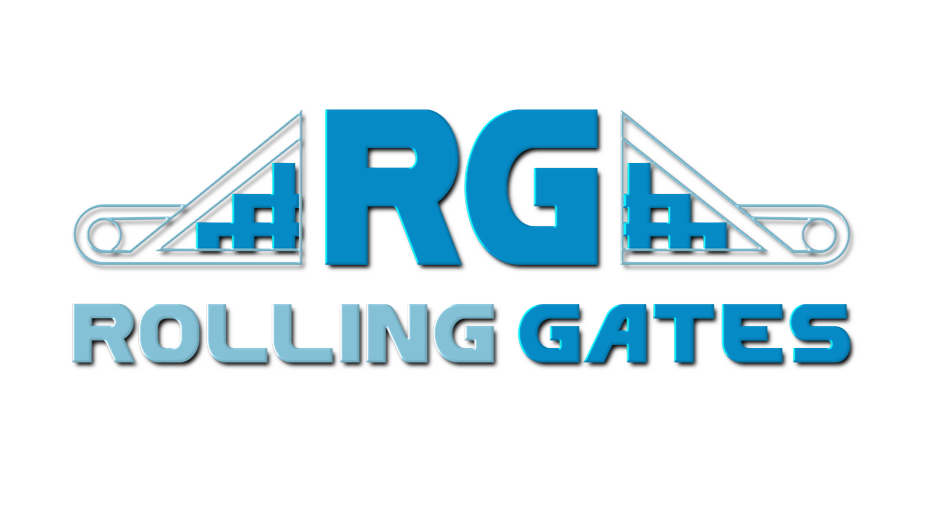Frequently Asked Questions
Welcome to the FAQ page of Rolling Gates!
Here, you’ll find answers to the most common questions about our gate openers, automatic driveway gates, and gate repair services.
Whether you’re looking for advice on choosing the right gate system for your home, need tips on maintenance, or have queries about our repair services, we’ve got you covered.
Our goal is to provide you with the information you need to make informed decisions about your gate solutions.
Dive in to discover helpful insights and expert advice, ensuring your experience with Rolling Gates is seamless and satisfactory.
If you can’t find the answer you’re looking for, don’t hesitate to contact us directly for personalized support.

FREQUENTLY ASKed QUESTIONS
General Questions
Regular maintenance includes checking and lubricating moving parts, ensuring sensors and controls are functioning properly, and inspecting for physical damage. Maintenance frequency can vary based on usage and environmental conditions.
For more details, read our guide on “Effective Maintenance Tips for Automatic Gates“
Common issues include:
– Power failures affecting motor function
– Misaligned sensors causing operational issues
– Mechanical wear and tear
– Remote control malfunctions
Basic troubleshooting steps include:
– Checking for power supply issues
– Ensuring sensors are clean and properly aligned
– Resetting the system or remote control
– Inspecting for visible damage or obstructions
If you’re still facing issues, you can also refer to our comprehensive guide on How to Troubleshoot a Non-Operating Gate Motor.
Yes, many automatic gates can operate during a power outage using battery backups, manual release mechanisms, or solar power options.
Read more on our blog post, “How Well do Solar Powered Gate Openers Work?“
Yes, we offer warranties on all the motors we install, ranging from 3 to 5 years depending on the brand. This ensures you have reliable protection and peace of mind with your automatic gate opener.
Automatic gates work using a motorized mechanism that opens and closes the gate with the push of a button or via remote control. Sensors and safety features ensure smooth operation and prevent accidents.
There are several types of automatic gates, including swing gates, sliding gates, overhead gates, and barrier arms. The choice depends on the available space, the level of security required, and aesthetic preferences.
Read more on our blog post “Benefits of Automatic Gates“
Consider the following factors:
– **Space:** The amount of space available can dictate whether a swing or sliding gate is more appropriate.
– **Usage:** The frequency of use can impact the choice of materials and motor strength.
– **Security:** Higher security areas may require more robust gates with additional features like integrated access control systems.
– **Budget:** Costs can vary widely based on materials, design, and the complexity of the installation.
Read more on our blog post “Choosing Between Automatic and Manual Gates“
While some DIY kits exist, installation generally requires professional expertise, especially for tasks involving electrical wiring, safety sensor placement, and ensuring the gate operates smoothly and safely.
Solar gates reduce electricity consumption and carbon footprint by harnessing solar energy. They provide the convenience of automatic gates with the added benefit of using clean, renewable energy.
Read more on our blog post “Solar Kits“
Reliable solar gate operators use high-quality materials and professional installation. They function well under various conditions and are ideal for areas without easy access to electricity.
Read more on our blog post “How Well do Solar Powered Gate Openers Work“
Yes, modern solar gates are designed to function efficiently in various weather conditions. They store energy in batteries, ensuring operation even during cloudy days or at night.
The installation process includes site assessment, selecting the appropriate gate type, preparing the site, installing the gate and its operator, and performing a final inspection to ensure proper operation.
Yes, regular maintenance for fences includes inspecting for damage, cleaning, repainting or staining wooden fences, and ensuring all components are secure.
Handrails are typically made from wood, metal (iron, aluminum, stainless steel), or composite materials. The choice depends on aesthetic preferences, durability requirements, and maintenance considerations.
Consider the location (indoor or outdoor), the style of the surrounding architecture, and the required durability. Ensure the handrail complies with local building codes for safety.
Want to Connect With Us?
Our skilled, fully licensed technicians handle all automatic gate installations, repairs, and maintenance with precision. Each project meets stringent inspection standards, guaranteeing the highest levels of quality and safety.


